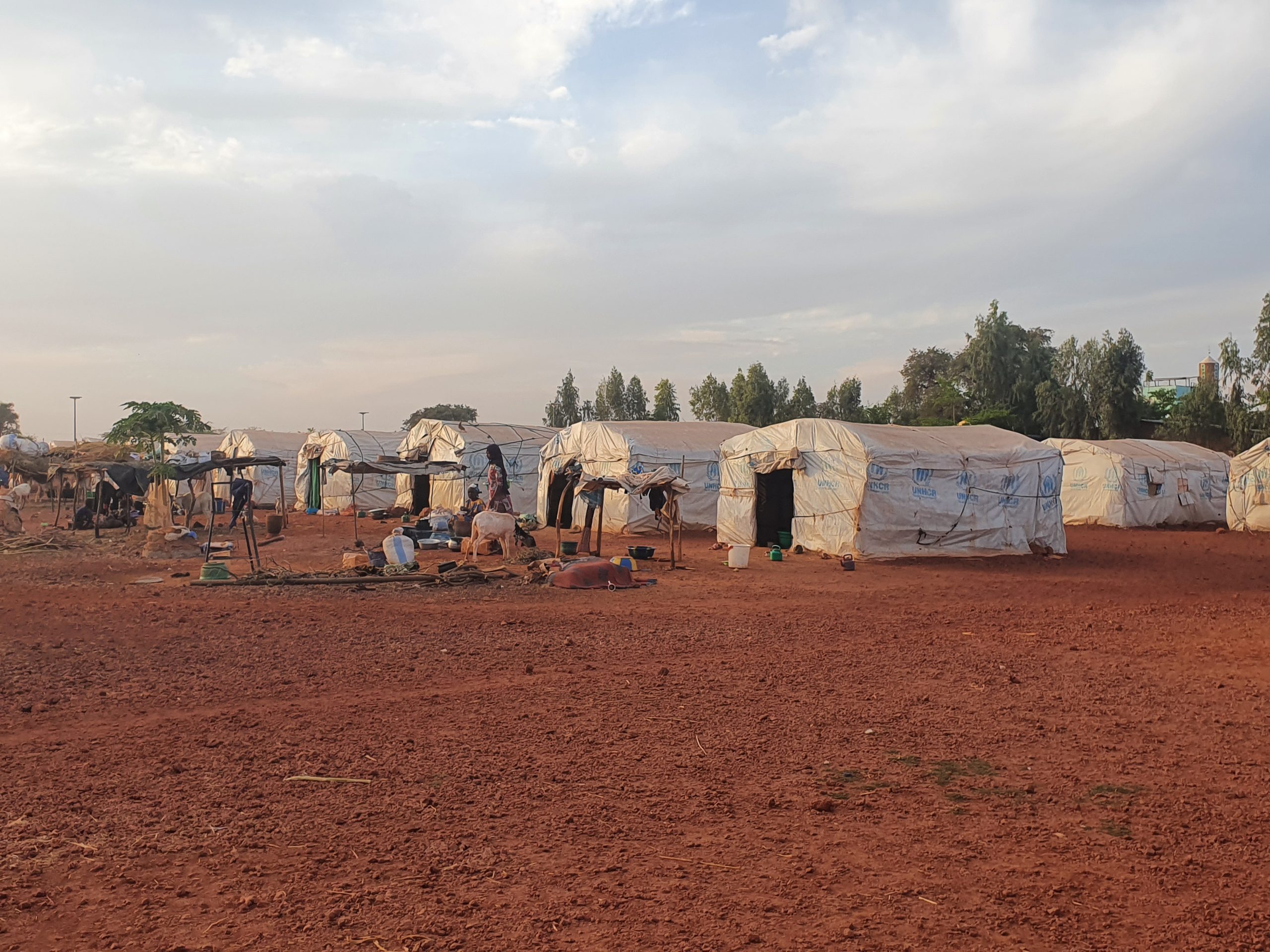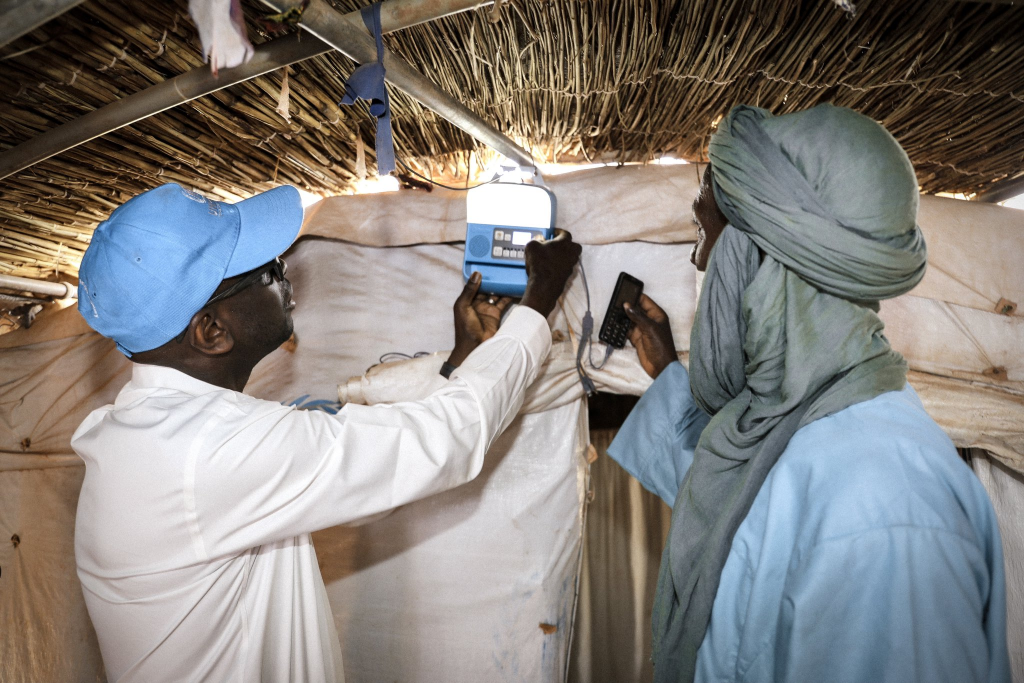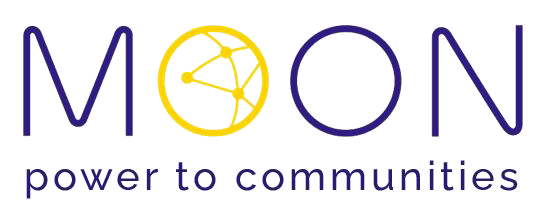
16 Juin Scaling energy and digital access for refugees in Mali
In the context of forced displacement, people fleeing conflict are particularly vulnerable to energy insecurity. In camps, nearly 94% of refugees have no access to electricity. In the West and Central Africa region, Mali is particularly vulnerable. At the beginning of 2021, the country was hosting nearly 400,000 refugees and internally displaced persons. MOON has supported the UNHCR office in Mali in a one-year pilot project to facilitate energy and digital inclusion to 400 refugee and displaced families in their host areas, using solar home kits and smartphones.
Fighting energy poverty in displacement settings: a condition for achieving SDG 7
Displacement refers to a situation in which people have been forced to leave their homes as a result of conflict or environmental disaster. In the context of displacement, refugees have very limited access to modern, reliable and clean energy sources. Millions of forcibly displaced people live in the dark as basic electricity services are inaccessible. In its Global Strategy for Sustainable Energy, UNHCR commits to providing at least Level 2 daily electricity to households to enable access to basic, connected lighting in their homes.
In addition, refugee people often find safety in environments that are already experiencing the adverse effects of climate change, which can lead to resource conflicts. Energy poverty increases deforestation and leads to a range of health risks, including indoor air pollution, conflict with host communities, and violence against refugee women and children who collect wood.
Lack of access to reliable electricity also removes opportunities for education and income-generating activities for families. Energy poverty is often compounded by digital exclusion. For forcibly displaced people, access to communication tools such as cell phones often remains very difficult.
Combining solar and digital: a positive change for communities forced to flee
As a partner, MOON supported UNHCR during the project:
Selection and sourcing of equipment
We proposed two models of individual solar kits (3 lamps with USB charging), particularly suited for the households targeted by the pilot, in terms of cost, ease and speed of deployment. These solar systems suitable for small homes in rural areas allow families to live, work and study in better conditions. The USB ports can be used to charge a phone, a flashlight or a radio. The smartphones used are Mobile Device Management (MDM) compatible, a key point to ensure an effective mobile security policy, both for the refugee users and for UNHCR.
Installation and after-sales service
To ensure community ownership, 40 persons of concern have been trained in the coorect installation and use of the solar kit. Installation and maintenance tools have also been shared with the community relays. MOON provides a 24-month after-sales service.
Technical advice on mobile management
Thanks to our digital expertise, we provided technical support for effective mobile device management, including app management, file synchronization and sharing, and data security. MDM provides security and administration of mobile devices, as well as selection of applications and content that are adapted and accessible to communities.

Results and impact
Thanks to this project, 400 households have been energized and 40 community relays have been trained in the installation and use of solar home kits. This combination of solar and digital energy promotes the empowerment and inclusion of forcibly displaced communities in the connected world, while facilitating access to clean, safe, and sustainable energy. Energy inclusion improves the well-being of rural households through:
- Education: children living in electrified households achieve a higher level of education
- Economic opportunities: studies show that 58% of households undertake more economic activity following the purchase of a solar home system.
- Health: improved indoor air quality
- More leisure and social activities
Access to energy is also a first step towards greater digital inclusion: being able to recharge one’s phone, having better access to information, communicating with one’s family, sometimes remaining in the country of origin, being informed about protection services… For UNHCR and its partners, it is a way to improve feedback from communities and facilitate the dissemination of content useful for individual protection and community development.
Developing energy access programs in displacement areas
To fully achieve universal energy access, forcibly displaced people and host communities must be systematically integrated into electrification programs. As the duration of their exile increases, the energy needs of refugees approach those of any off-grid community. For their part, host communities now account for the largest percentage of energy demand in displacement situations (60%).
As the humanitarian sector is not always best placed to design and implement energy access projects – as it is not familiar with long-term infrastructure – it is necessary to develop new approaches based on partnerships with the private sector. The scheme we advocate is based on a clear division of roles:
The humanitarian organization helps MOON navigate operational and regulatory difficulties specific to displacement areas, supports research to assess the ability and willingness of displaced people to pay for better energy, and contributes financially to the purchase of equipment.
MOON provides technical advice, procurement, installation, training of local partners and long-term monitoring of operations, including solar home systems, solar street lights and solar power kits for community and productive use.
Government also plays a key role by creating or clarifying regulations, demand strict quality standards, and providing financial incentives that facilitate the adoption of solar energy.



No Comments